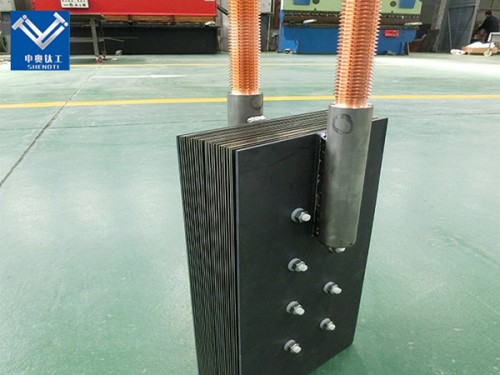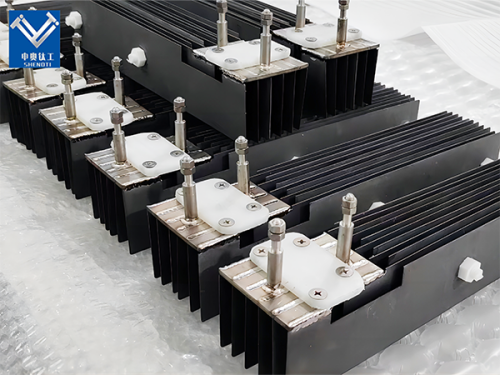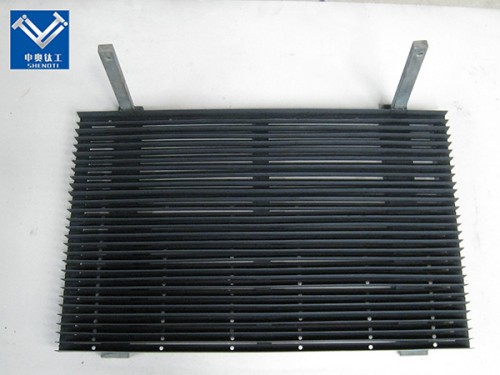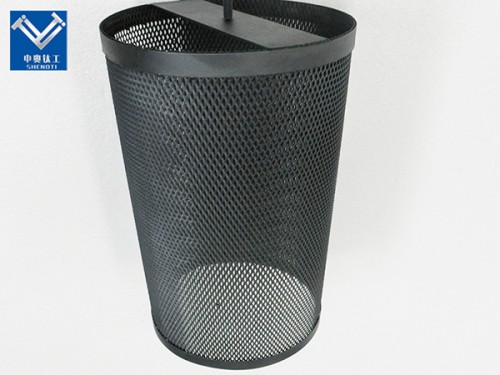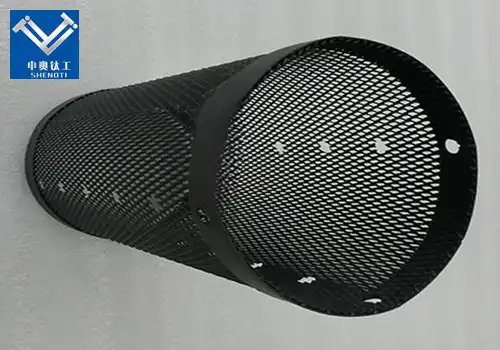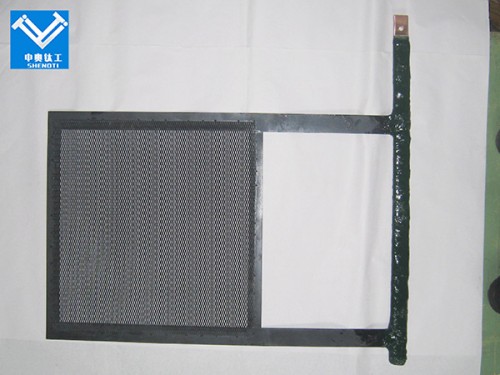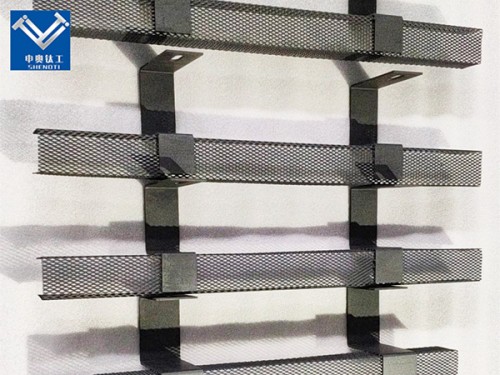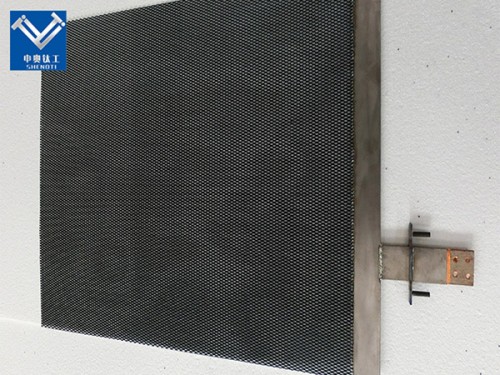
In Which Industries Are Customized Titanium Anodes Mainly Used?
2025-06-07 14:06:14
In Which Industries Are Customized Titanium Anodes Mainly Used?
Ruthenium-coated titanium electrodes, also known as mixed metal oxide (MMO) anodes, are essential components in various electrochemical processes across multiple industries. Their exceptional corrosion resistance, electrical conductivity, and catalytic properties make them indispensable in applications ranging from water treatment to electronics manufacturing.
What Are the Primary Applications of Ruthenium Iridium Coated Titanium Anodes in Water Treatment?
Water treatment is a critical sector where ruthenium-iridium coated titanium anodes play a pivotal role. Their applications in this industry include:
Electrochlorination Systems
In electrochlorination, these anodes facilitate the on-site generation of chlorine by electrolyzing saltwater or brine solutions. This process is safer and more cost-effective than transporting and storing hazardous chlorine gas. The high catalytic activity of ruthenium-iridium coatings ensures efficient chlorine production even at low salt concentrations, making them suitable for both seawater and freshwater applications .
Advanced Oxidation Processes (AOPs)
Ruthenium-iridium coated titanium anodes are integral to electrochemical advanced oxidation processes (EAOPs), which generate reactive species like hydroxyl radicals to degrade persistent organic pollutants in water. Their high oxygen evolution overpotential enhances the generation of these radicals, leading to more effective treatment of industrial and municipal wastewater .
Electrocoagulation Systems
In electrocoagulation, these anodes serve as inert electrodes that facilitate the formation of coagulants in situ, effectively removing suspended solids, emulsified oils, and heavy metals from wastewater. This method is widely used in industries such as textiles, food processing, and metal finishing .
Desalination and Disinfection
Ruthenium-iridium coated titanium anodes are employed in electrodialysis and electrodeionization processes for desalination, as well as in electrochemical disinfection systems for swimming pools and cooling towers. Their stability in high-salinity environments and resistance to chlorine make them ideal for long-term use in these applications .
How Are Titanium Anodes Utilized in the Chemical Industry?
The chemical industry extensively utilizes titanium anodes, particularly those coated with ruthenium and iridium, due to their robustness and resistance to corrosive environments. Key applications include:
Chlor-Alkali Production
In the chlor-alkali process, titanium anodes are used to electrolyze brine solutions, producing chlorine gas, sodium hydroxide, and hydrogen gas. Ruthenium-iridium coatings enhance the efficiency of chlorine production while minimizing energy consumption and extending the anode's service life .
Metal Electrowinning and Electrorefining
Titanium anodes are employed in the extraction and purification of metals such as copper, nickel, zinc, and cobalt through electrochemical methods. Their ability to withstand high current densities and corrosive conditions ensures improved metal recovery rates and product purity .
Electrosynthesis
In electrosynthesis processes, titanium anodes facilitate the production of chemicals like hydrogen peroxide and organic compounds. Their high reaction selectivity and energy efficiency make them suitable for both small-scale and large-scale chemical manufacturing .
What Role Do Ruthenium Coated Titanium Electrodes Play in the Electronics Industry?
The electronics industry relies on ruthenium-coated titanium electrodes for various electroplating applications, including:
Printed Circuit Boards (PCBs)
In PCB manufacturing, titanium anodes ensure uniform copper deposition, which is essential for creating reliable electrical connections. Their precision helps maintain consistent copper layers, vital for high-performance electronic devices .
Connector Plating
Titanium anodes are used to plate electronic connectors with metals like gold and nickel, enhancing conductivity and corrosion resistance. This process improves the performance and longevity of connectors in various electronic applications .
Semiconductor Devices
In semiconductor manufacturing, titanium anodes facilitate the electroplating of thin metal layers onto devices, ensuring precision and consistency in the production of components like transistors and diodes .
How Do Titanium Anodes Contribute to Marine Engineering?
Marine engineering presents harsh environments where corrosion resistance is paramount. Titanium anodes, especially those coated with ruthenium and iridium, are utilized in:
Cathodic Protection
Titanium anodes are integral to impressed current cathodic protection (ICCP) systems, safeguarding marine structures like offshore platforms, ships, and underwater pipelines from corrosion. Their long lifespan and efficiency make them ideal for these applications .
Electrochlorination in Seawater Desalination
In desalination plants, titanium anodes enable the electrochlorination process, producing chlorine to disinfect seawater and prevent biofouling in pipelines and equipment. Their corrosion resistance ensures long-term performance in these systems .
Antifouling Systems
Titanium anodes are used in electrochemical antifouling systems to prevent marine organisms from attaching to vessel hulls, offering an environmentally friendly alternative to traditional biocidal paints .
Ballast Water Treatment
In ships, titanium anodes facilitate the electrochemical treatment of ballast water, neutralizing invasive species and complying with environmental regulations .
Contact Us
For more information on customized ruthenium-coated titanium electrodes and their applications across various industries, please contact us: Email: zh@baojiti.com.cn
Our team of experts is ready to assist you with tailored solutions to meet your specific needs.
YOU MAY LIKE











